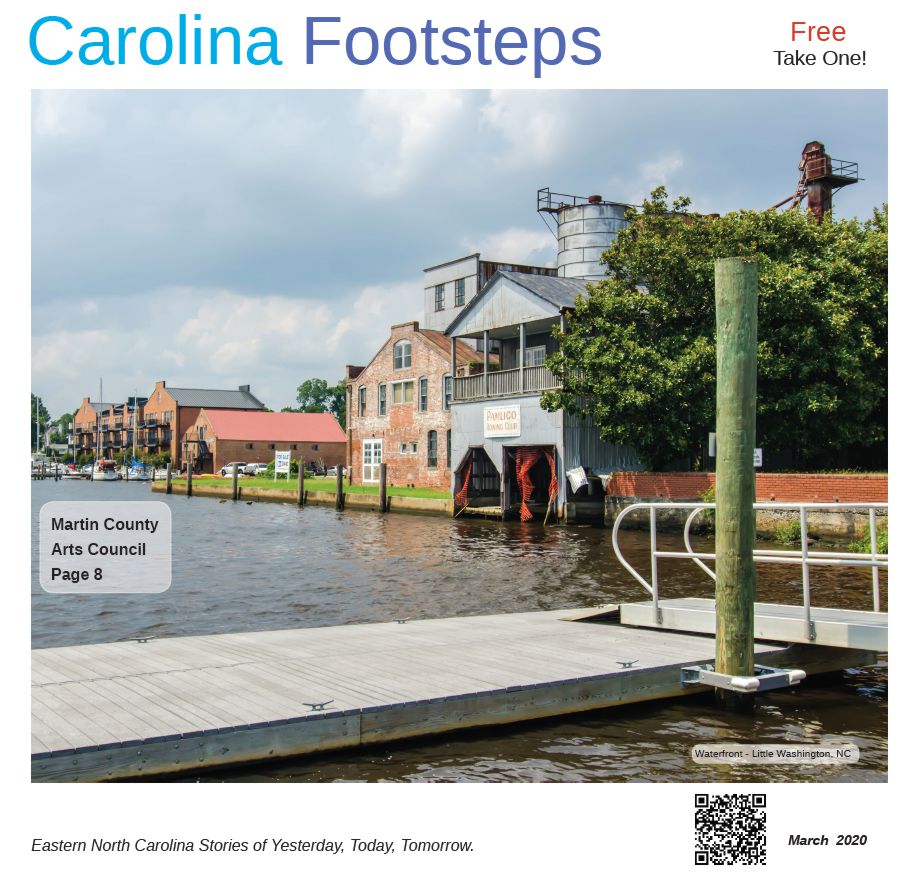Dr. Crime is a pseudonym for
a social scientist holding a Ph.D. degree in sociology and in
criminology. He has worked in all major parts of the criminal
justice system. Drop him a note at the website www.keepkidshome.net
if you or
your child is in trouble, he may be able to help, give him a call
(252-339-0000).
Dear Dr. Crime: Our NC
Legislature may change our law about juvenile or adult court for bad
kids. I say kick their something so they will learn that pain
follows bad behavior. Putting bad kids in juvenile court won’t
protect me and will cost us more tax money. Please tell our
legislators to back off the “Raise the Age” bill. Upset Taxpayer
Dear Taxing: By now the
NC General Assembly will have decided this, but the issue of punitive
vs. behavior change policy remains. This is a perfect example of
my argument that we should decide what we want to accomplish and
follow the objective, empirical research by those wonderful
criminologists. Here the outcome is to produce fewer victims in the
future, reduce the harm to everyone involved, hold down costs, and
impact the kid so he/she can make it a better world. Giving him/her
what they deserve is not a social outcome we should allow to, alone,
determine judicial policy. I get as mad as you but let’s use
research, not emotion, guide us.
Some of the empirical
basis of my argument follows. The US Dept. of Justicei,
using large cities from 1994-2000, studied changes in policing, adult
incarceration, juvenile detention, and waivers of juveniles to adult
court for the impact on reduced juvenile violence. They reported
little or no evidence of beneficial effects from incarceration of
juveniles with adults, the detention of juveniles, and waivers of
juveniles to adult court. If our NC law passes, how much will we
spend on juvenile cases changed to adult cases if as juvenile cases
such future cases might be prevented? Just months ago a studyii
reported national estimates of judicial services as follows: (in
2010 dollars, for single crimes) $22,000–$44,000 (homicide),
$2000–$5000 (rape and sexual assault), $600–$1300 (robbery),
$800–$2100 (aggravated assault), $200–$600 (burglary), $300–$600
(larceny/theft), and $200–$400 (motor vehicle theft). These
figures do not include all the other costs! The US Dept. of Justiceiii
studied the consequences of youth being victims of such crimes and
found the impact of such crimes carries into adulthood and causes
adult behaviors that are tragic and costly. Such outcomes include
the victim becoming a criminal, using drugs, having mental health
problems. How often do they reoffend if sentenced as an adult?
Sentencing
Partnersiv,
a
private law firm, reported on a large number of federal offenders and
found that in the highest criminal history status 80% committed more
crimes, usually within 2 years of release from prison or probation.
Does this matter? Economistsv,
over a decade ago, found the overall crime cost to our nation to be
more than one Trillion dollars a year (in 1999 bucks that is + $
1,000,000,000,000, which could give us a great tax break!) If my
logic is wrong, that everyone is better off in terms of life events
if we prevent crimes rather than get our retribution, write to me and
explain your logic.
Dear Dr. Crime: Is it
true that crime rates for females is lower than the same rate for
men? If that is true it is because we women are better people than
men!!! Smart Administrator.
Dear Administrator:
The National
Incident-Based Reporting System (NIBRS)vi
gives data showing the differential offending and differential
selection by police of females in official arrest statistics. The
probability of arrest for females was: (1) 28 percent lower for
kidnapping; (2) 48 percent lower for forcible fondling; (3) 9 percent
lower for simple assault; and (4) 27 percent lower for intimidation
than males. The report assigns some of the explanation to police
norms about women, but it remains a clear difference. I have made a
note to research the relative goodness of humans by gender and will
report back to you another time.
Dear Dr. Crime: How do I
find an attorney to help me? Messed up fellow
Dear Mess: There are
several honest ways. One is the NC
State Bar Association.
Go to https://www.ncbar.gov/
. Another is the National
Association of Criminal Defense Lawyers
(NACDL). Go to https://www.nacdl.org/.
If your issue is a criminal matter for which you have been arrested,
I recommend the (NACDL). Or you can get in contact with me and I
will refer you to an attorney I know. My most important advice is to
get your attorney as soon as possible.
Dear Dr. Crime: What do I
do if I see a crime in process? Citizen
Dear Citizen: Call 911 on
your phone and hang around to give information to the police.
i
NCJ 249261. Office of Inspector General. 2015. Audit of the
Office of Justice Programs Adult and Juvenile Offender Re-Entry and
Justice and Mental Health Collaboration Grants Awarded to Beaver
County, Pennsylvania
ii
Hunt, Priscillia; Anderson, James; Saunders, Jessica. 2016. The
price of justice: New national and state-level estimates of the
judicial and legal costs of crime to taxpayers. American Journal of
Criminal Justice, Aug 20 . doi:
http://dx.doi.org/10.1007/s12103-016-9362-6.
iii
Menard, Scott . 2002. Short- and Long-Term Consequences of
Adolescent Victimization . Youth Violence Bulletin; Feb 2002; 1-16
[US Department of Justice (DOJ)].doi:
http://dx.doi.org/10.1037/e318082004-001.
iv
Sentencing Partners. 2016. Joaquin and Duncan, L.L.C., Texas, USA.
v
David A. Anderson 1999. The Aggregate Burden of Crime The Journal
of Law and Economics, vol. 42 (October 1999).
vi
Lisa Stolzenberg ; Stewart J. D'Alessio. 2004. Sex Differences in
the Likelihood of Arrest. Journal of Criminal Justice Volume:32
Issue:5 Dated:September/October 2004 Pages:443 to 454 NCJ 207251
Dr Crime June 2017
 Reviewed by kensunm
on
7:00:00 PM
Rating:
Reviewed by kensunm
on
7:00:00 PM
Rating:
 Reviewed by kensunm
on
7:00:00 PM
Rating:
Reviewed by kensunm
on
7:00:00 PM
Rating:







No comments: